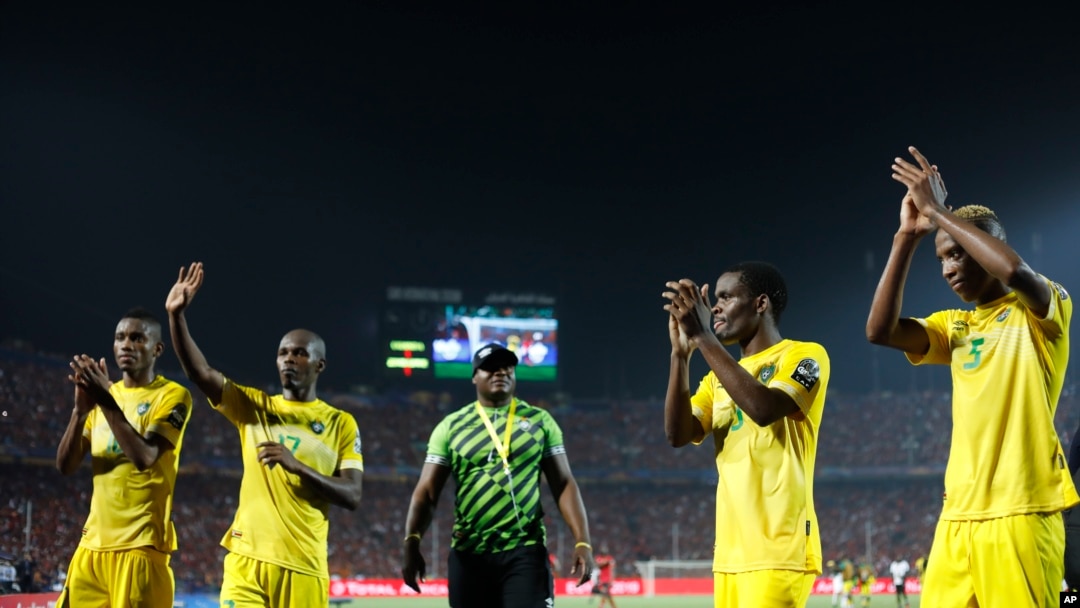Speaking to reporters in Harare on Tuesday, sports minister Kirsty Coventry said the ban was beneficial to Zimbabwean football in the long run.
"Hundred percent it was worth it. It was hard, it came at a cost that we all knew before we took the decision but to get to this final stage, where we can sit down and agree finally on [a] way forward, that is going to benefit us as a country. Hundred and ten percent it was worth it," Coventry said.
FIFA banned Zimbabwe from international matches in February 2022. The governing body acted after the government in Harare tried to take control of the Zimbabwe Football Association, on the grounds it had failed to account for some funds and did not investigate alleged cases of sexual abuse toward female players by football officials.
The situations have yet to be resolved, but FIFA chose to lift the ban as scheduled, with qualifiers for the next World Cup set to begin in Ivory Coast.
The end of the ban comes as a relief to football fans in Zimbabwe, where the sport has grown in popularity in recent years.
But Lincoln Mutasa, chairman of a "normalization committee" mandated by FIFA to hold elections for the Zimbabwe Football Association and investigate the sexual abuse and corruption allegations, had a different view about Zimbabwe being penalized.
"It was hurting, not only the sports people, but ourselves, all the sports parents," he said. "You put so many hours to try get your kid to excel in a sport, when this doesn't happen or when this is frustrated, it's a big mountain to climb. So, I am really delighted for all parties involved for finding each other."
FIFA's manager for development programs in Africa, Solomon Mudege, said that even though the ban has been lifted, Zimbabwe's government needs to stay out of the association's affairs.
He said FIFA, the government and the Zimbabwe Football Association need to have open communication to avoid disruptions in the future.
"I can assure you in the coming days you will see a more transparent FIFA, how they share what is important and how they share investments from governments, and investments from FIFA. It's something that we are proud of," Mudege said. "So there is no change in FIFA's approach. What we encourage is more engagements. We shouldn't talk to each other [only] in situations of crisis and conflict."
The end of FIFA's suspension means Zimbabwe will be part of the African qualifiers for the next World Cup, beginning this Thursday in Ivory Coast.


